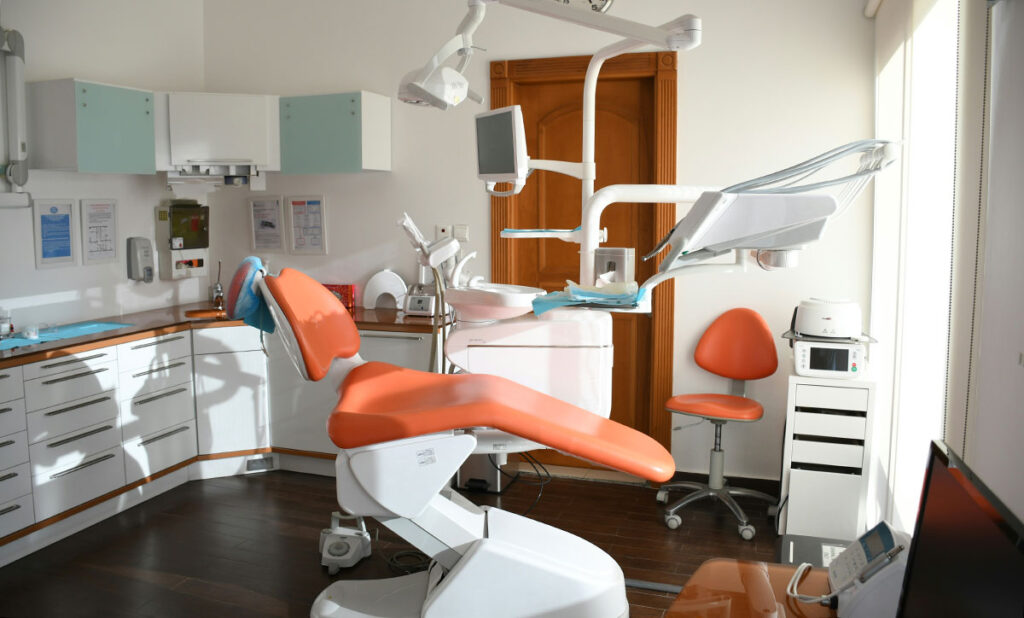
Once you’ve been a dentist working in another dentist’s practice for some years, you could consider starting a dental practice independently. It’s a natural thought to have, and it could be worth doing.
It’s not something you should do on a whim, though. It takes a lot of time and effort, not to mention the money involved. Starting it off can also be a risky prospect. You’ll need to be as prepared as possible before you start.
With these three practical tips, you could be more prepared than you thought.
Starting A Dental Practice: 3 Practical Tips
1. Pick The Right Location
The location of your practice is paramount as a dentist. You’ll have to spend considerable time researching an area and finding the best place to position your practice.
Multiple factors affect this. One of the more notable is your proximity to your target market. If your potential customers have to travel too far to get to you, they’ll likely go with somebody closer to them. Then, there are the costs involved in a particular demographic area. You’ll need to balance this with your customers’ proximity.
While this can be a tricky balancing act, paying more for a location closer to potential clients can be worth additional costs.
2. Have An End Goal
It is worth figuring out your end goal before investing years of time and effort in it. If you plan on selling your dental practice, strategizing how and when you want your business to reach that point will put you in a better position.
An end goal is what you want to get out of your business in later years. For most budding entrepreneurs, this involves future financial planning goals. First, you must create a viable business plan to generate revenue.
- To cover your initial start-up costs.
- For ongoing overhead costs
- For flexible operational and staffing costs
- For continuing education and training in new technologies in the dental field
- For new and improved dental equipment over time
- Office maintenance and re-decoration are needed to maintain an environment conducive to attracting and retaining existing clientele.
- Professional fees include accounting, bookkeeping, legal advice, and insurance fees.
- Funds to assure growth in multiple directions, such as building in hiring bonuses for qualified associates with specialized degrees in your field of dentistry and potential growth for employee salaries over time.
- Plan your salary growth from start-up, maintenance, and development into investing for retirement.
- Consider succession planning or whether you want to sell up to move to another location or take on partners.
Knowing your end goal, you can figure out a plan that helps you get there.
Beware of partnerships that can alter how you treat your patients. It is well-known in dentistry that many decide on this career path because they deeply care for people.
I know one dentist who was just such a professional. He had a thriving practice, and his clients appreciated his care and treatment of them as individuals. He took on other professional dental partners, and this worked out well. Then, he was approached to take on a partner to manage the business. Eventually, the business managing partner began to consider clients not as patients but as monetary producing units of time. Unfortunately, the clients no longer felt they were receiving the same level of care. The so-called “bedside manner” or time to be reassuring and friendly to his patients became almost non-existent because of the pressure from time constraints, and many long-time clients sought other dentists. Managing a dental office is a skill in itself, but the dentist realized too late that he should have hired this service rather than entering into a partnership situation.
3. Tap Into Your Network
It is essential to take time to establish professional relationships with others in the dental field. Since no business stays the same, and dentistry is developing new technologies and procedures year over year through increasing research, you will have greater success when you have a network of like-minded professionals with whom to communicate and compare practices.
You’ll likely know several other dentists who’ve started their own and understand the ins and outs of operating a dental practice. Listen and reach out to those having achieved the most success. They could be worth talking to. There are also loads of successful entrepreneurs who genuinely have a lot of valuable advice to offer and would be happy to serve as your mentor. Successful businessmen like Maher Jishi have been there and done that! You may avoid many mistakes and hardships by learning from a mentor’s previous mistakes and adapting the ideas to your practice.
By speaking with others in your professional network, you will most likely get some practical and experienced advice about how you should start and what you need to do in each stage of your business growth. This could put you in a better position to receive specific advice about your situation. There’s every reason to tap into your network and achieve your desired success.
Unlike some more competitive fields, health professionals generally have more than enough people who need their skills, knowledge, and advice. Even if you are starting now and trying to find the right direction, reaching out to those in your area or those you consider the main competitors is worth it. You will be pleasantly surprised at the help you can get. Professionals like dentists are often found to be quite keen to share their knowledge.
Starting A Dental Practice: Wrapping Up

Starting a dental practice is appealing for multiple reasons. Once you’ve been a dentist for several years, it can mean more freedom and even more money.
That doesn’t mean anyone should jump right into it, though. You’ll have to ensure you’re prepared for it before starting. It could become too risky if you don’t put the time and effort into it. Thankfully, this doesn’t need to be too complicated.
With patience, you should be better off than you are now. It’s just a matter of focusing on the right tips, seeking advice from more experienced dentists, and following through step by step.



